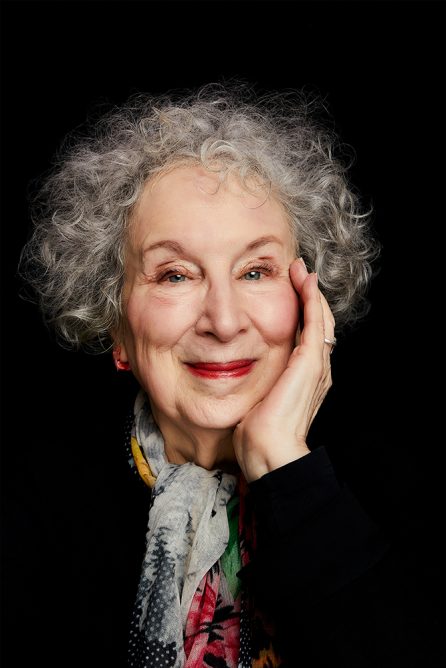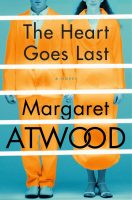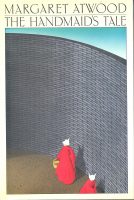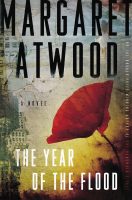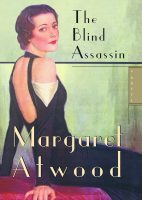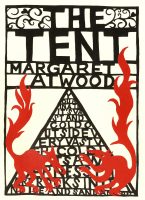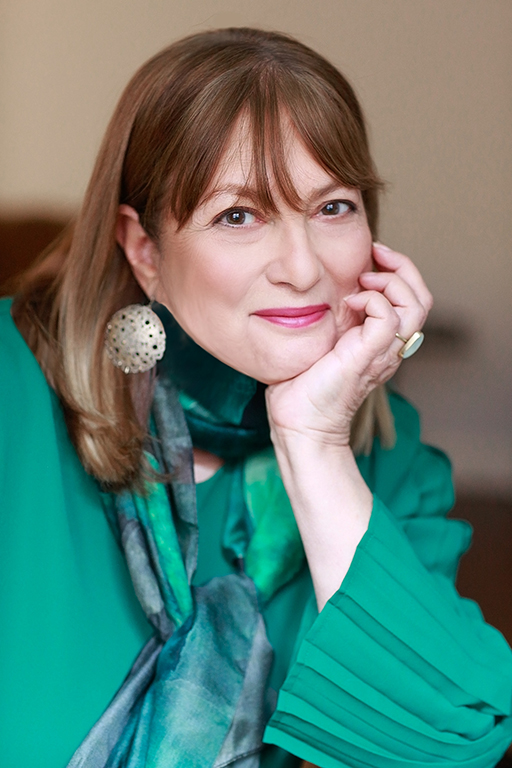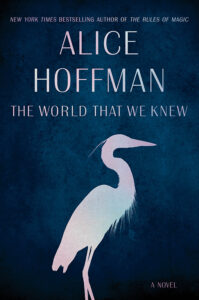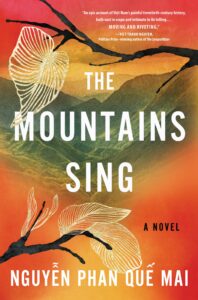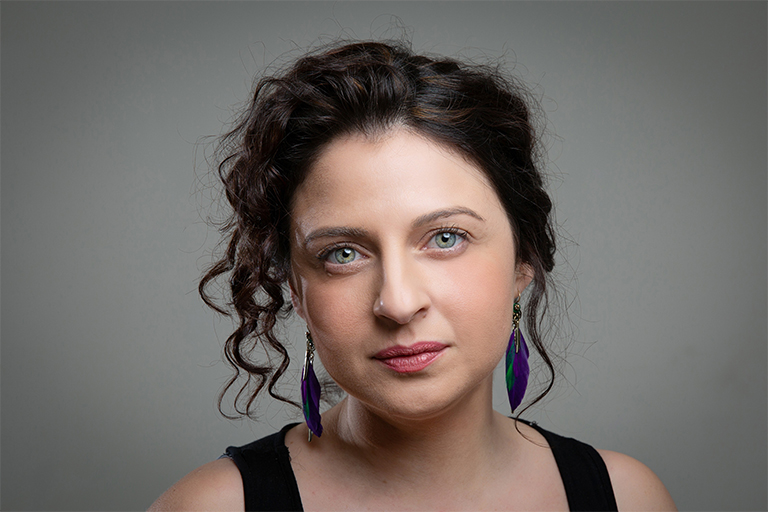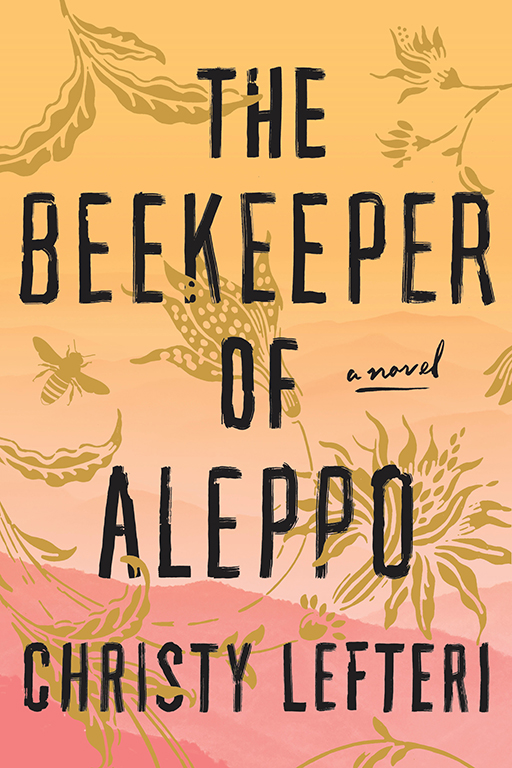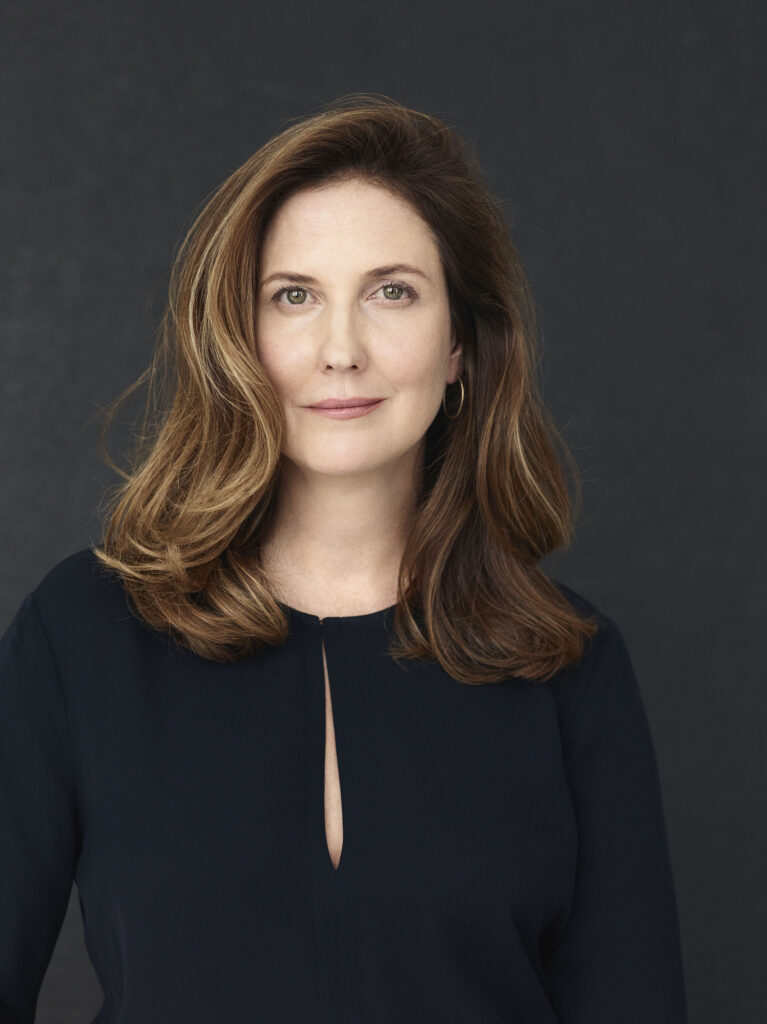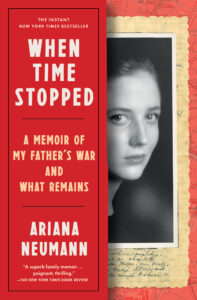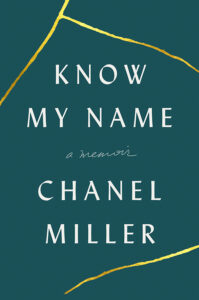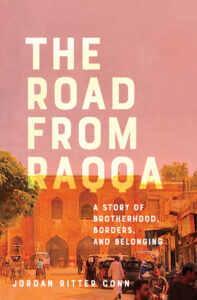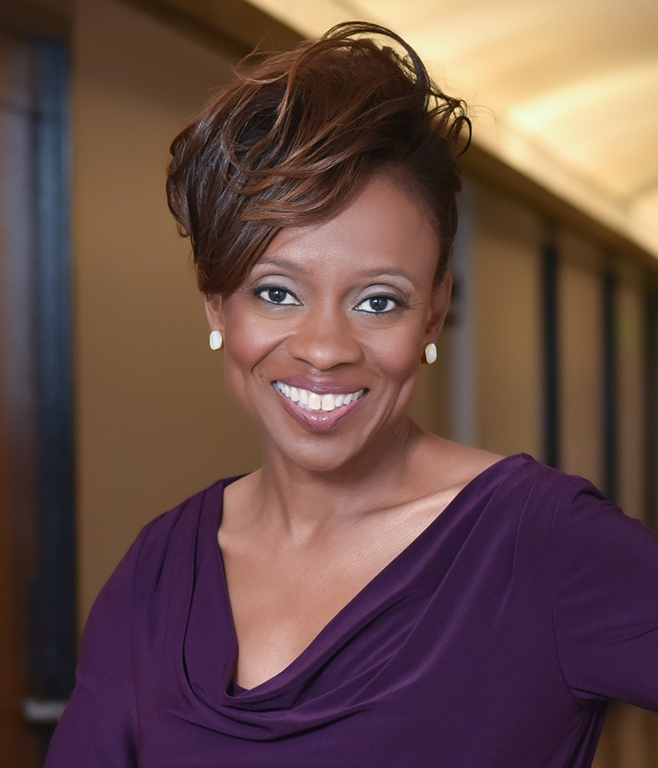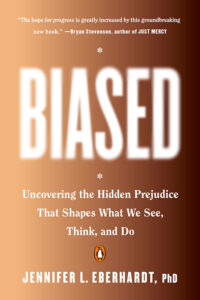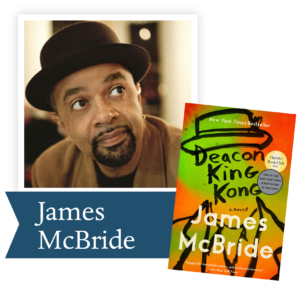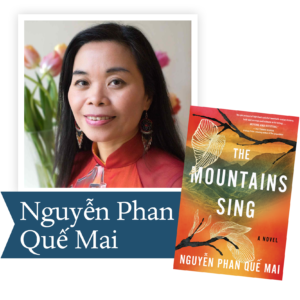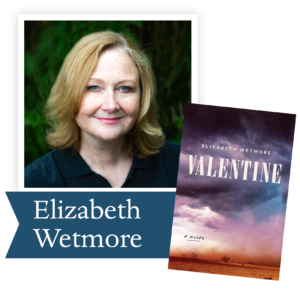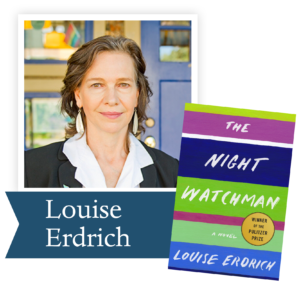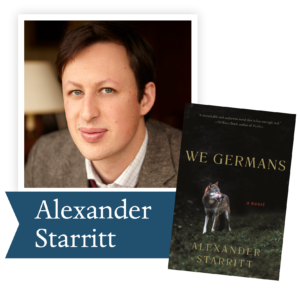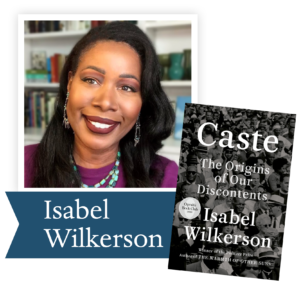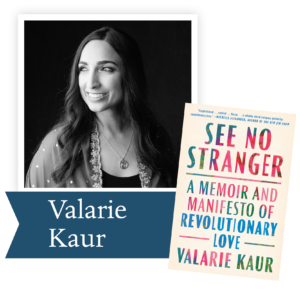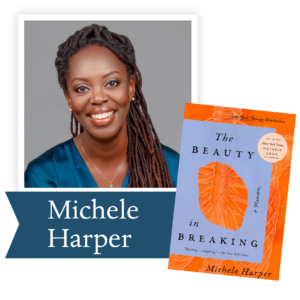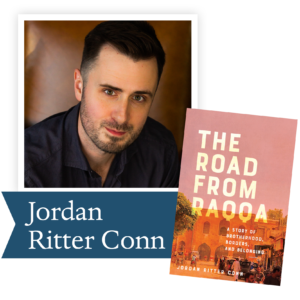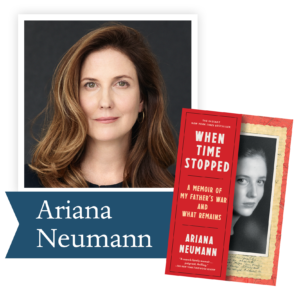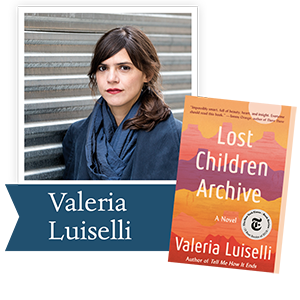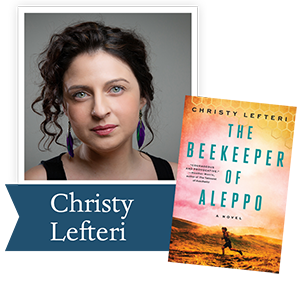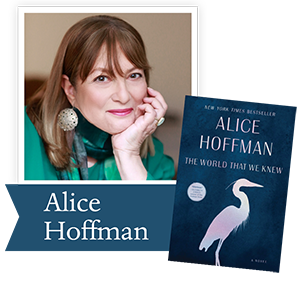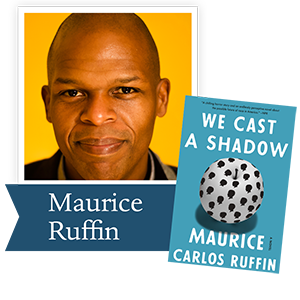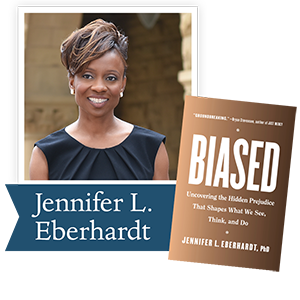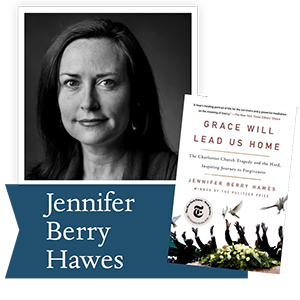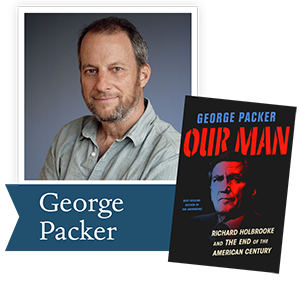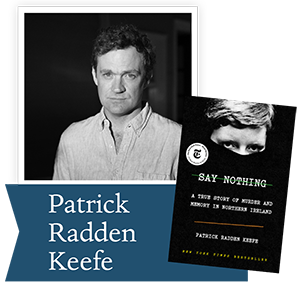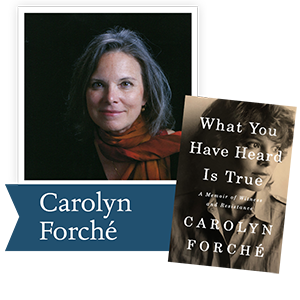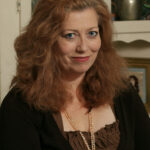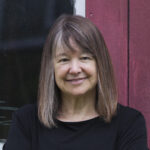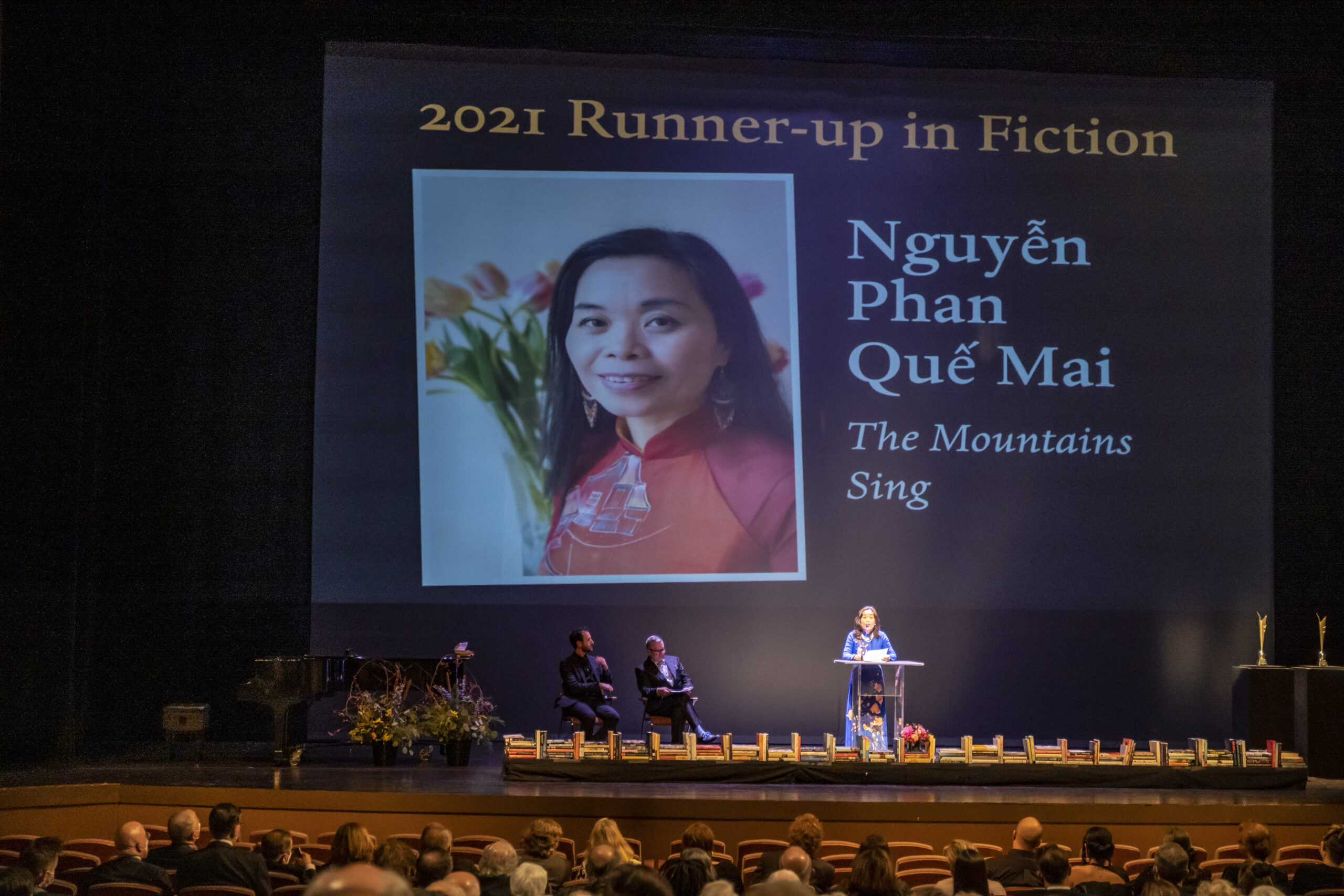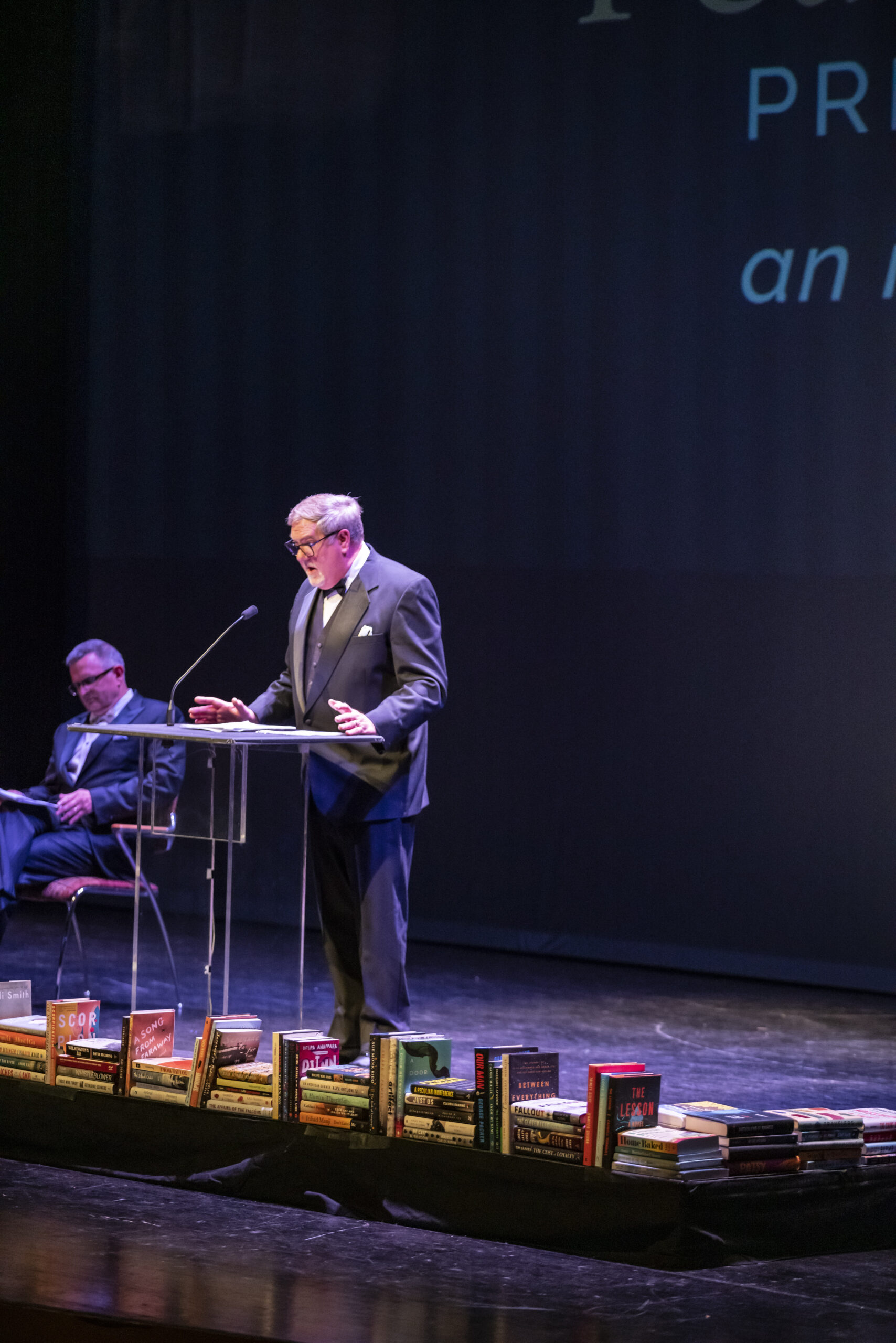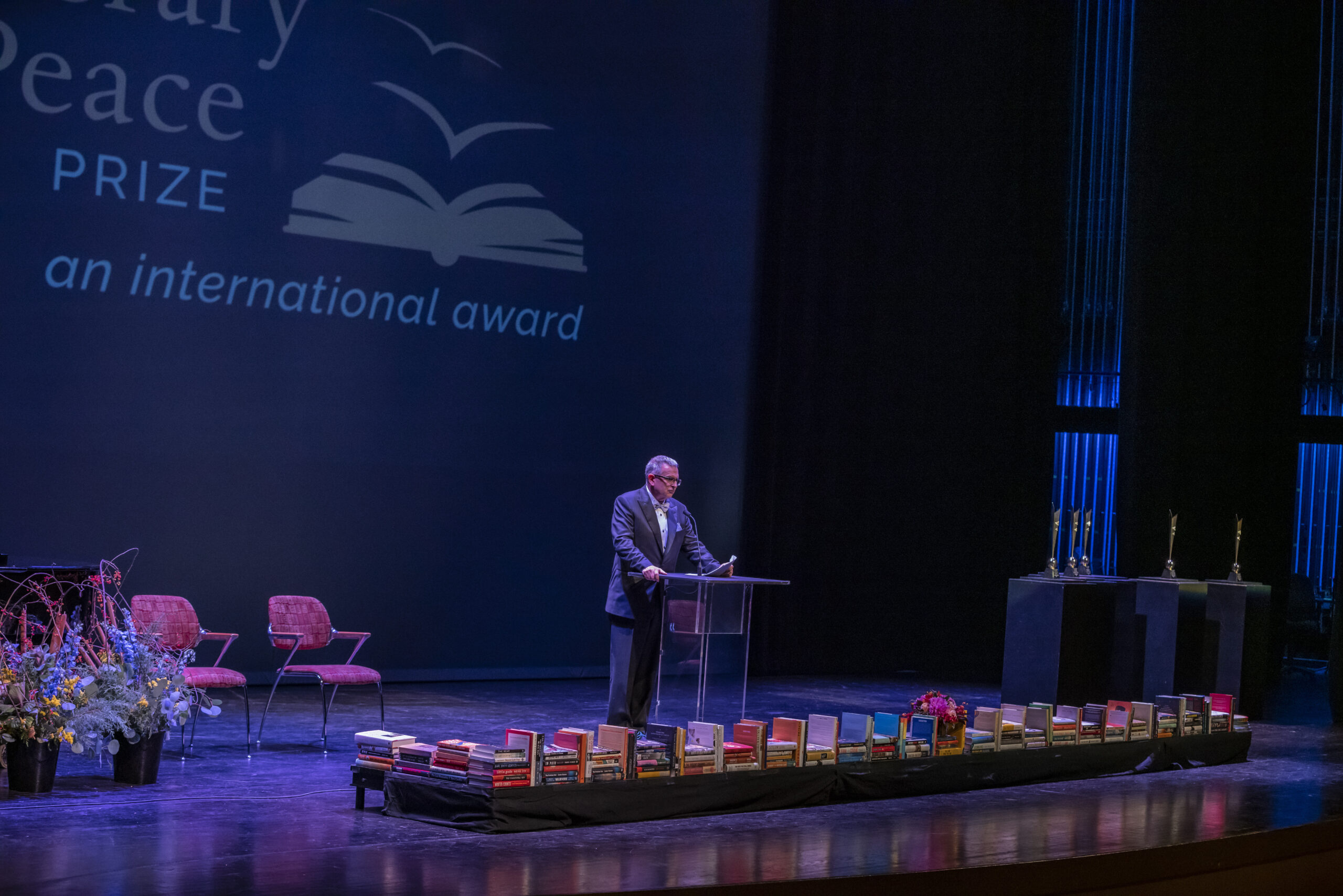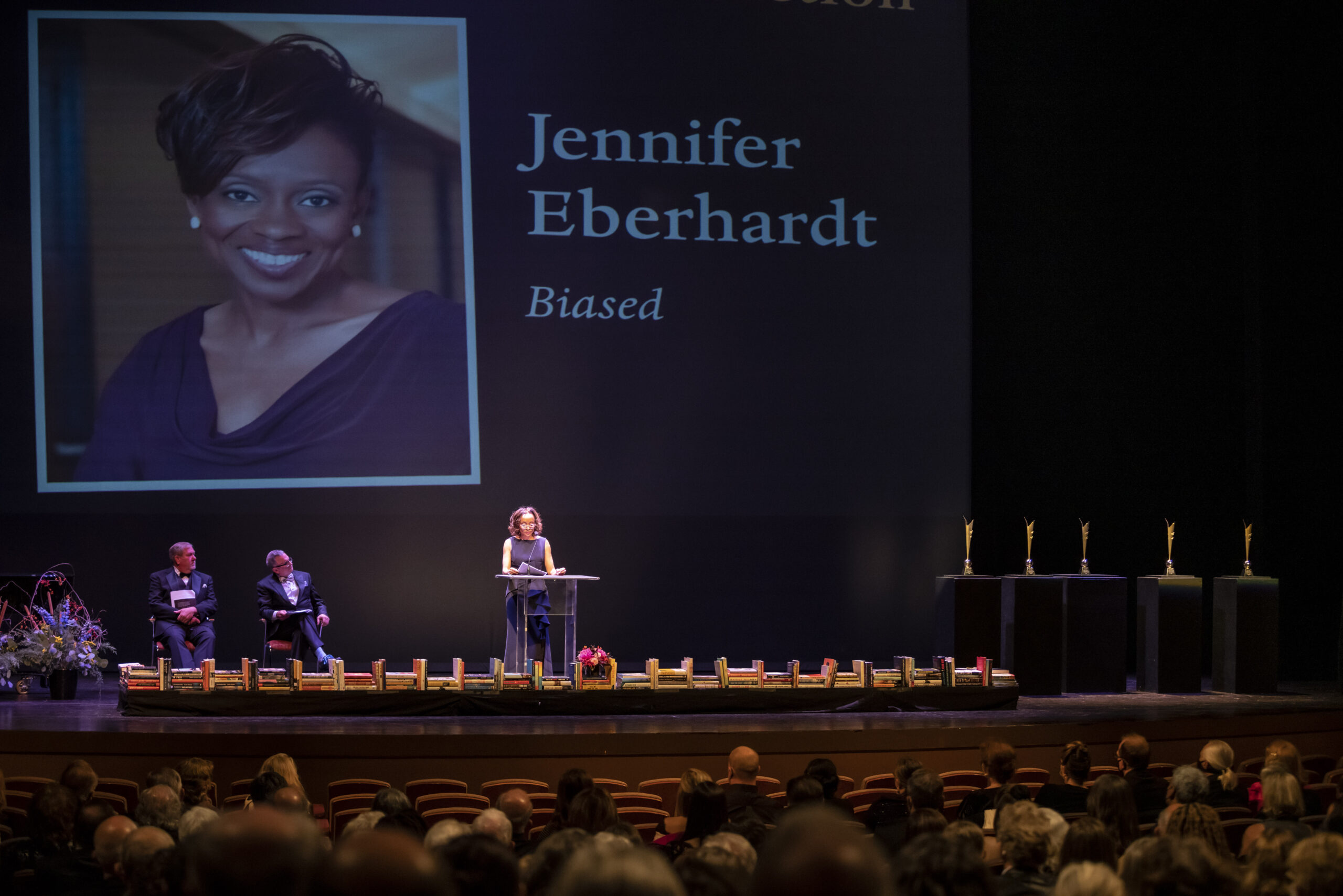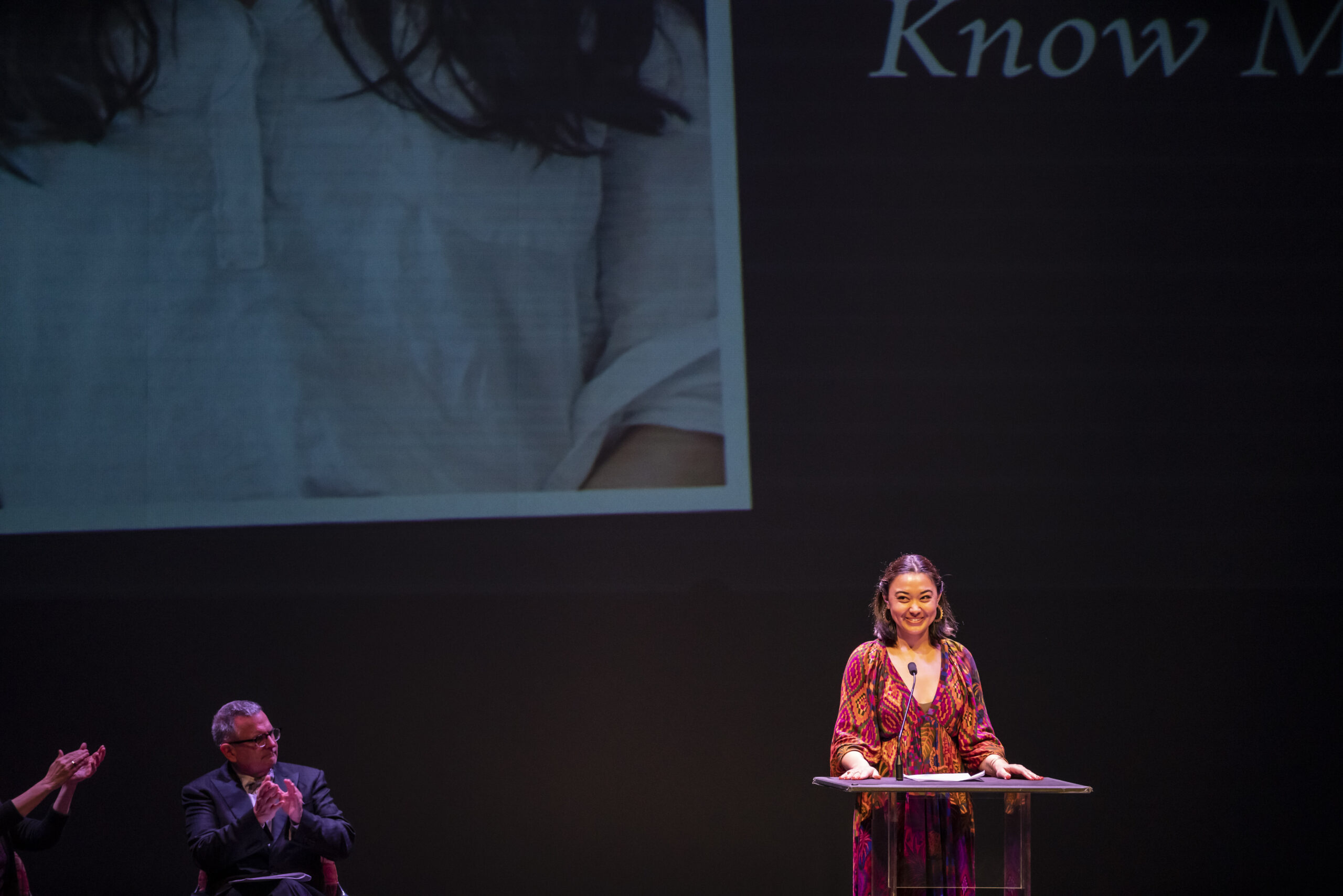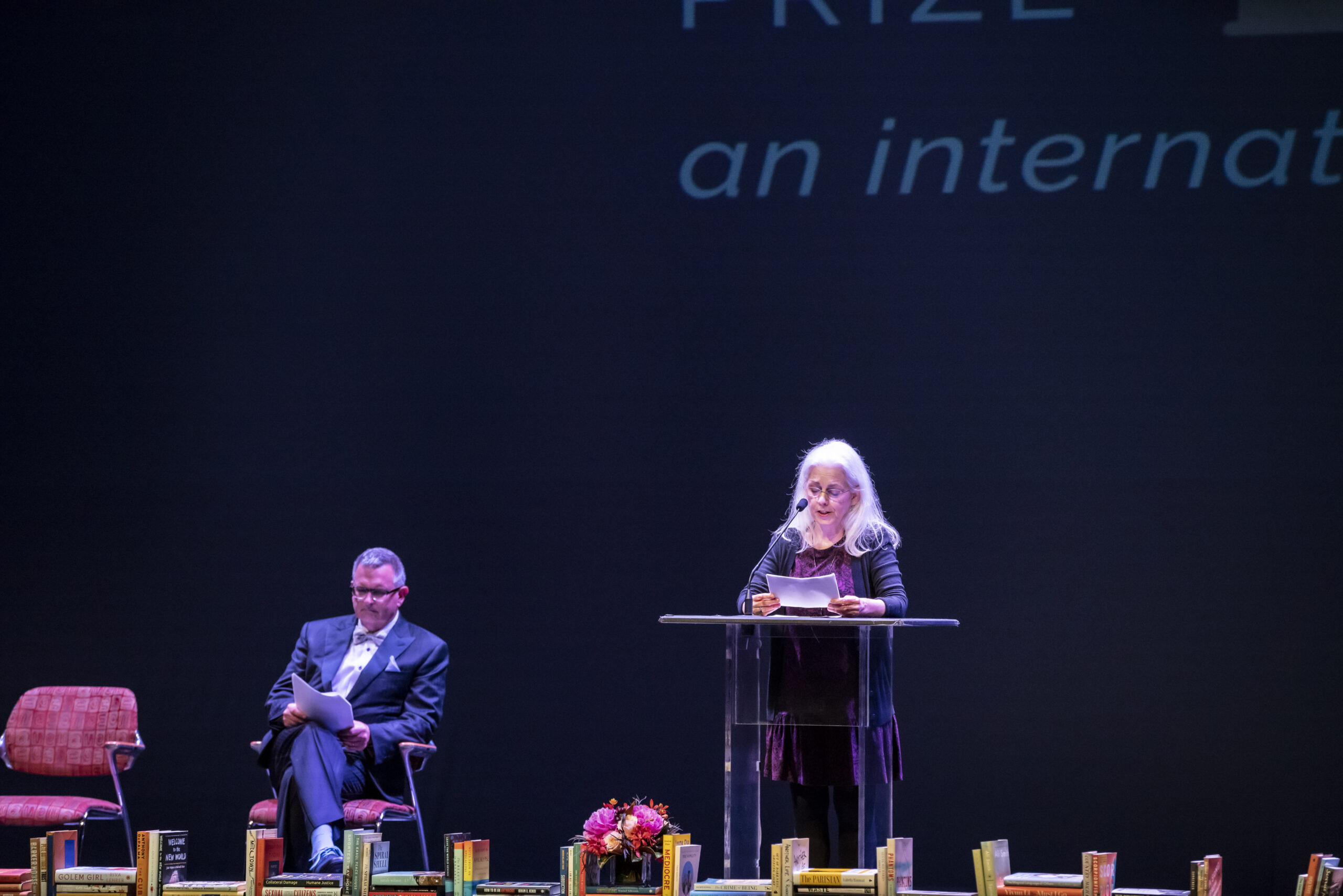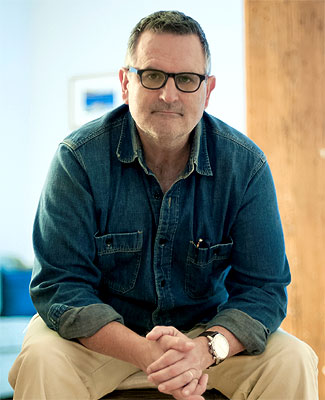It is not often that a writer achieves both widespread critical respect and popular success while tackling the most pressing social justice and ecological issues of her or his time. Rarer still is the writer who can depict our near futures so uncannily, predicting every wrong step we will take to get there. Rarest of all is the writer who can do all that with a light touch, in a style both erudite and accessible, ethical and satirical, humane and humorous. Over a career that spans more than 50 years, Margaret Atwood has been that rarest of writers.
A prolific writer, Atwood is the author of seventeen published novels, ten collections of short fiction, twenty collections of poetry, seven children’s books, and ten works of nonfiction, literary or cultural criticism and has edited several anthologies of Canadian fiction. From The Handmaids Tale (1985) on, her novels have been nominated or shortlisted for multiple international awards for fiction, science fiction, or fantasy. She has won the Booker Prize twice—for The Blind Assassin in 2000 and for her sequel to The Handmaid’s Tale, The Testaments, in 2019. The Handmaid’s Tale, perhaps her best-known work of fiction, was shortlisted the Booker while garnering the Arthur C. Clarke Award for Science Fiction Literature and Canada’s Governor General’s Award for fiction.
The sheer number and diversity of these honors is testament to the diversity of genres and modes she confidently deploys, mixes, juggles, and inverts. What is the gothic, after all, but the underside of domestic realism? What are speculative fictions like two Gilead novels and the three Maddaddam novels, after all, but detection tales of crimes against humanity or the environment played out on a massive social scale? Atwood is a feminist first and foremost, making women’s lives and experiences under patriarchy central to her work. Feminism shapes her exploration of all pressing issues, from civil rights and gender equality to environmentalism, sustainability, education, the lasting impact of colonialism and casualties of empire, criminal justice and incarceration, or consumer capitalism.
This is serious stuff, and Atwood is serious about educating her readers, both showing us our complicity and reintroducing us to our better angels. If serious writers have the duty to bear witness, warn, admonish, and instruct, they also have the obligation to entertain us, to draw us in, to make the experience worth the candle. Never didactic, always good humored and generous, Atwood does just that. With rich world-building and unexpected characterizations and inventive plots, she invites us to look behind and beyond our privilege and to be made uncomfortable by what we see.
“If writing novels—and reading them—have any redeeming social value,” Atwood wrote, long before there was a Dayton Literary Peace Prize, “it’s probably that they force you to imagine what it’s like to be somebody else. Which, increasingly, is something we all need to know.” It is for her outstanding lifetime literary achievement in fostering our understanding of others and of ourselves that we honor her.
Carol S. Loranger
Associate Dean, College of Liberal Arts
Wright State University

